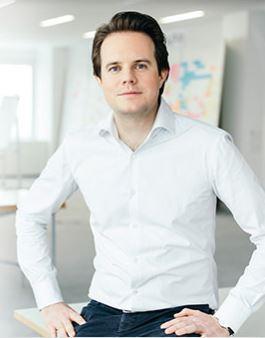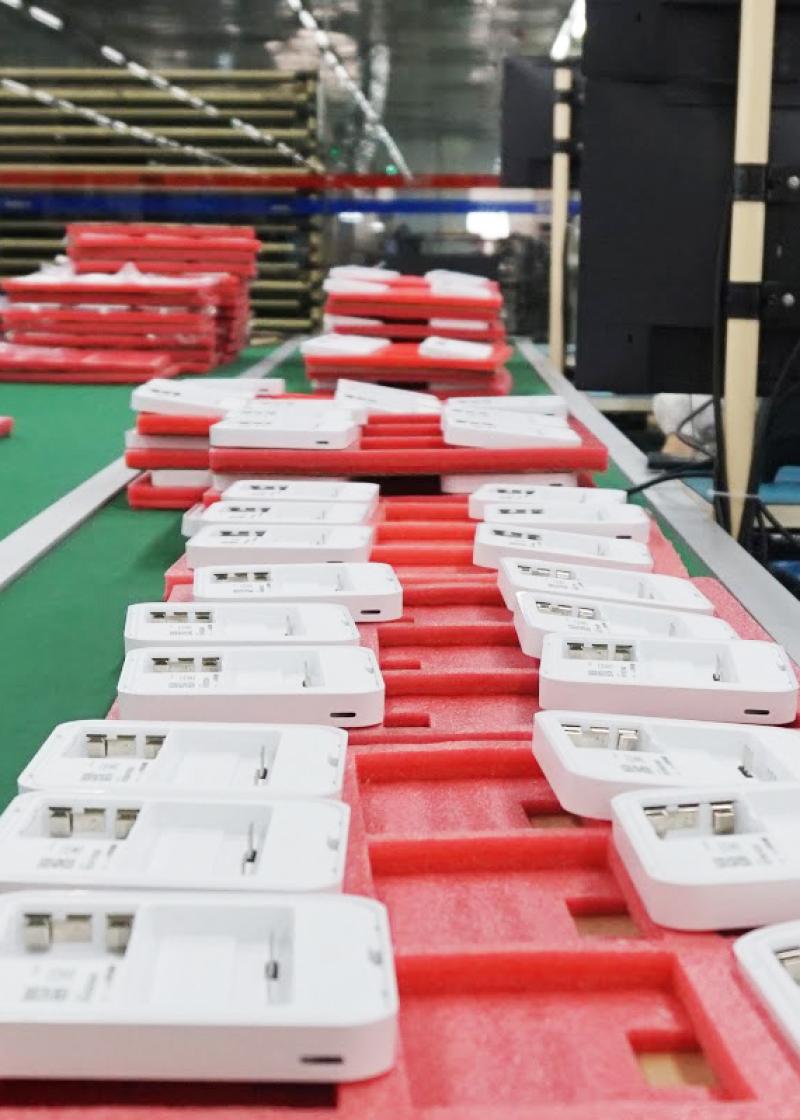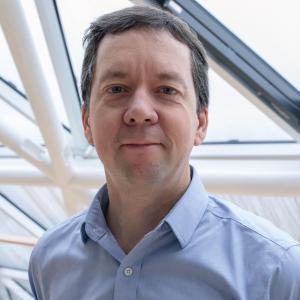Tado’s smart thermostat uses EIB loan to save energy and make homes safer and more comfortable
Imagine a small digital gadget in your home that tracks and improves your health, and cuts your energy bill.
This device connects to the Internet to check the weather and turns up your heating if a cold front blows in. It measures the humidity and air quality of each room and adjusts the air conditioner for peak efficiency in the middle of summer.
It knows if your boiler needs repairs. When you’re on your way home, it starts cooling or heating for your arrival. It even makes a cup of tea when you wake up each morning.
OK, it doesn’t make tea. But all these other tasks are possible with the latest thermostats from Tado, a young climate management company based in Munich that is saving homeowners money and a lot of headaches.
Smart thermostat replaces ancient technology
“The technology currently being used to control heating and air conditioning is very old,” says Christian Deilmann, who co-founded Tado in 2011. “Buildings and homes need to be heated and cooled much more intelligently. Our company makes heating systems smart by feeding them with all kinds of data.”

Christian Deilmann, Tado’s co-founder, says his company makes heating systems smart by feeding them with a lot of data.
Tado’s “intelligent” thermostats can save more than 30 percent on home energy bills with a €200 starter kit, compared to the thousands of euros it costs to add insulation in a home. The company lets clients return its products for a refund if their heating bills don’t drop significantly.
“A lot of devices today connect to the Internet and offer smart switches, smart locks, lights, alarms and smart whatever,” says Marc Tonteling, an EIB engineer for innovation. “But Tado offers additional intelligence to the system in the form of smart services, for example.”
Competitive smart thermostat field
The EIB signed a €20 million loan with Tado in September under the European Fund for Strategic Investments, which supports innovative firms that need financing to strengthen their market positions. The EIB loan will help Tado increase research and improve its products in a fiercely competitive field.
Francisco Alves da Silva, an EIB loan officer, says the Bank’s work with Tado fits neatly into the EIB’s climate action goals. The EIB commits at least 25% of its investments to climate change mitigation and adaptation.
“Having a smart thermostat like this makes a big impact,” he says. “This helps save gas, save electricity, save money. Europe should be taking the lead in saving the environment, and that is why the Bank is helping companies like Tado.”
A large percentage of the world's energy is used to heat and cool homes and buildings. So there is a lot of potential for savings.
“We are convinced that in the future all buildings and homes will be intelligently heated and cooled, considerably reducing this energy consumption,” Deilmann says.
Tado’s products have several strengths that help the company stand out. Its technology works in about 95%of heating systems in Europe. The company’s portfolio is centred on home climate management, which has helped it focus its resources and become one of the market leaders. Tado’s products work with many major home voice-command devices—also known as virtual assistants—made by companies such as Amazon, Google and Apple.

Tado will use a €20 million EIB loan to increase research and improve its products in a competitive field.
Keeping an eye on pollution
Tado’s thermostats perform many unexpected tasks:
- they allow people to heat rooms at different temperatures using control knobs that attach to each radiator
- they suggest when to close windows to keep people safe and comfortable when air pollution or pollen counts rise, or when to open windows if there is too much moisture in the bathroom
- Tado’s mobile app lets people constantly check the temperature inside their homes and even schedule repairs or get a quote on a new air conditioner.
Deilmann finds it odd that companies did not do more research on thermostats decades ago.
“There actually was not a lot happening in this field when I got started,” he says. “You had these systems sitting in a basement using outdated technology. I have always wanted to make an impact on energy use in the world, and I figured that this is my time.”
